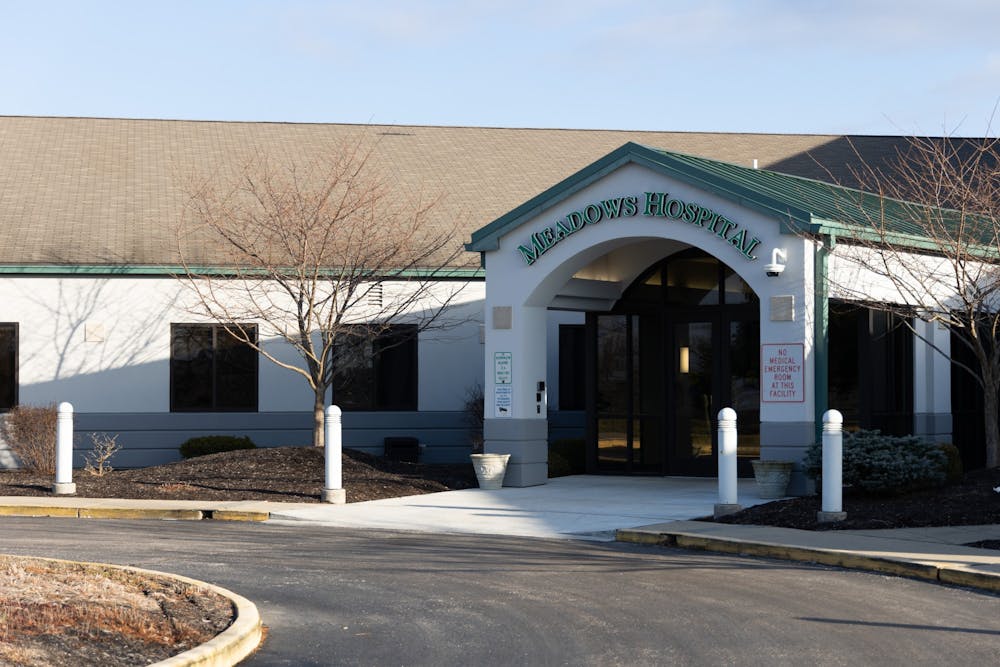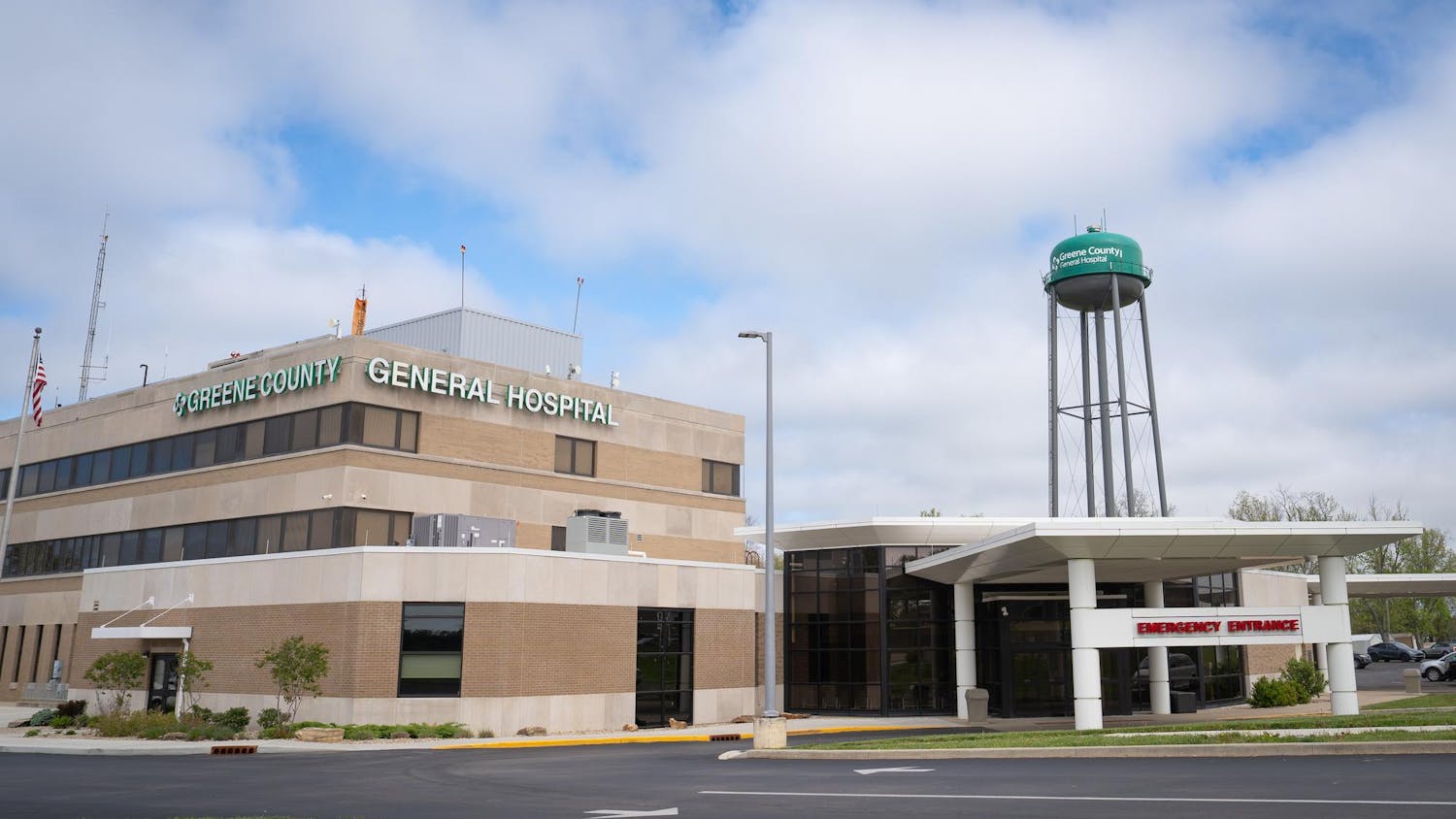Indiana Gov. Eric Holcomb has proposed several initiatives to increase access to mental health care for Hoosiers as part of his $5.5 billion Next Level state budget agenda released Jan. 4.
In his agenda, the governor is calling to expand the availability of mental health services and introduce mobile crisis teams to respond to emergencies. State lawmakers have until April. 29 to examine and approve bills to craft a spending plan that will last the state through 2025.
Under Holcomb’s proposal, Indiana would improve and expand the 988 Crisis and Suicide Lifeline services, according to a press release from in.gov. Implemented within the state, 988 would include someone to contact at a 988 center, someone to respond and a safe place to go if needed.
He proposed to continue the transition to a Certified Community Behavioral Health Clinic system, part of a nationwide move toward the CCBHC system announced in Oct. 2022. CCBHCs improve the services currently provided by community mental health centers and serve anyone regardless of diagnosis or insurance status.
Holcomb is also piloting four mobile crisis teams in 15 counties, trained to respond to those experiencing mental health-related emergencies. According to the Indiana Family and Social Services Administration, teams would be composed of peers and behavioral health professionals skilled in specialized crisis care.
The budget agenda supported implementing the Governor’s Challenge to Prevent Suicide among veterans by investing $4.25 million into programs for veteran wellness. Indiana will also invest more than $500 million received from the national opioid settlement into resources for Hoosiers facing addiction. He will launch a new Treatment Finder Program to connect people with appropriate treatment, as well as create more community substance use programs.
Kara Baertsch, president of Mental Health America Monroe County, said one of the most prominent issues surrounding mental health care is access to care. Some providers only take commercial insurance plans, leaving lower-income people with fewer options. Long waitlists and provider shortages also present barriers to care.
Assigning a case worker to each person seeking care could help them compile resources and address financial, educational and housing instability while they wait to see a provider, Baertsch said.
“All of those are major stressors for mental health concerns, so if we could address those from a community standpoint, I think it would do wonders,” she said.
It’s important to acknowledge crisis intervention teams usually don’t get involved until an active crisis is happening. Crisis intervention teams should be available to help people before they reach a crisis point, she said.
“They definitely have their place and their space and they’re super, super important, but in terms of getting people the help they need before it gets to that point, I think we have to look further upstream,” she said.
Related: [Indiana Gov. Eric Holcomb delivers annual State of the State address Tuesday]
Brendan Bow is a program analyst at the O’Neill School of Public and Environmental Affairs. Bow studies individuals who are unhoused and health inequity.
Discussions around mental health and unhoused individuals often go together, he said. In January 2022, 3,860 people were unhoused in Indiana on a given night, according to the U.S. Department of Housing’s Point-in-Time count. Of those reported, 802 were demonstrated to be severely mentally ill and 567 had chronic substance abuse.
Senate Bill 34, introduced for this legislative session, would expunge addiction-related convictions from a person’s record if that person has completed a high-intensity residential treatment program. Criminal convictions related to substance abuse can make it more difficult to find affordable housing, Bow said. Having those records expunged and taken off a background check can help those experiencing being unhoused find housing.
Suzanne Koesel is the regional chief executive officer at Centerstone Indiana, which offers addiction treatment. Koesel said Indiana has long needed more crisis diversion centers and mobile crisis services. She said these programs can offer help to people in crisis who may have otherwise been taken to the emergency room or jail.
“When you think about a person having a mental health crisis, I think it can be scary to have the police show up,” she said. “It can sometimes be less threatening when you have a team that involves clinical staff who can help connect you to services and just share space if that’s needed.”
Koesel said she is glad to see the governor investing into addiction services, and that investments are needed in a variety of places from actual treatment to housing and employment support.
“I think what we see happening in Indiana, and frankly nationally, is an increased awareness about the need for more mental health and substance use treatments and recovery resources,” Koesel said. “It’s exciting to see some of these things show up in the governor’s initiative.”






